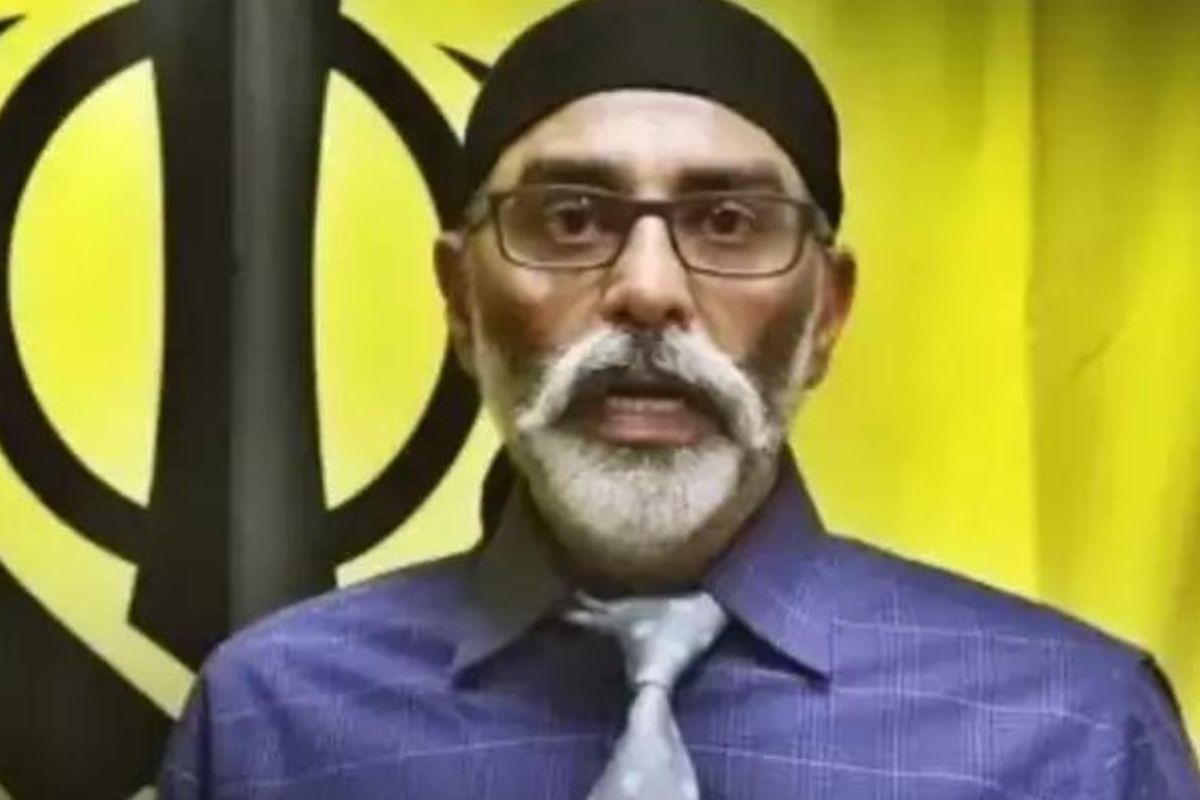Starmer’s Test
UK Prime Minister Keir Starmer’s visit to Washington was important for transatlantic diplomacy. It was his first official engagement with President Donald Trump, a leader known for his forceful style and unpredictable rhetoric.
The US Justice Department had recently alleged that an Indian government official was involved in the foiled plot to assassinate Pannun.

Gurpatwant Singh Pannun
US Deputy Secretary of State for Management and Resources Richard Verma on Tuesday said his country will stay engaged with the Indian government on the issue of the alleged plot to kill ‘Khalistan’ supporter Gurpatwant Singh Pannun in America.
“I know we raised our concerns with the Government of India. There is a committee of inquiry looking into the matter, and we will stay engaged with the government and look forward to their findings. And they’ve taken it very seriously, and we’re grateful for that,” he said at an event titled ‘The Long View from DC: The India-US Partnership’ hosted by the Observer Research Foundation (ORF) here.
Advertisement
The US Justice Department had recently alleged that an Indian government official was involved in the foiled plot to assassinate Pannun.
Advertisement
Highlighting the growth of ties between India and the US, he said that the two nations, which earlier had no defence sales, were now major defence partners and were conducting complex exercises in every facet. He said that the bilateral trade between India and the US has witnessed a 100 per cent rise in the last 10 years.
Speaking about the Indian diaspora in the US, Mr Verma said, “People-to-people ties, America boasts well over 4 million Americans of Indian descent, including a vice president and a leading presidential candidate. Last year, the US embassy here issued over 1 million visas and now there are nearly 270,000 Indian students in the United States. I could go on and on through all the categories of our work together. But it’s safe to say we have done well. It has not been perfect. But I say this with all humility. It has been transformative and impactful and it has brought greater peace and stability to the Indo-Pacific region”
He noted that the world is better off when the US and India are cooperating fully and strongly together on the world stage. Calling India and the US “post-colonial democratic powers governed by a constitutional framework,” he said the two nations aspire for equality, social inclusion, and racial and minority rights and other areas.
“Our security cooperation will become even more important in the years ahead. The threats we face are real. But building our collective capabilities is increasing our sharing of information and improving maritime domain awareness and interoperability. For example, we will ensure India continues to be a provider of net security across the Indo-Pacific region and beyond. And the US will continue to be at Pacific power for the decades ahead, security cooperation,” he added.
Advertisement